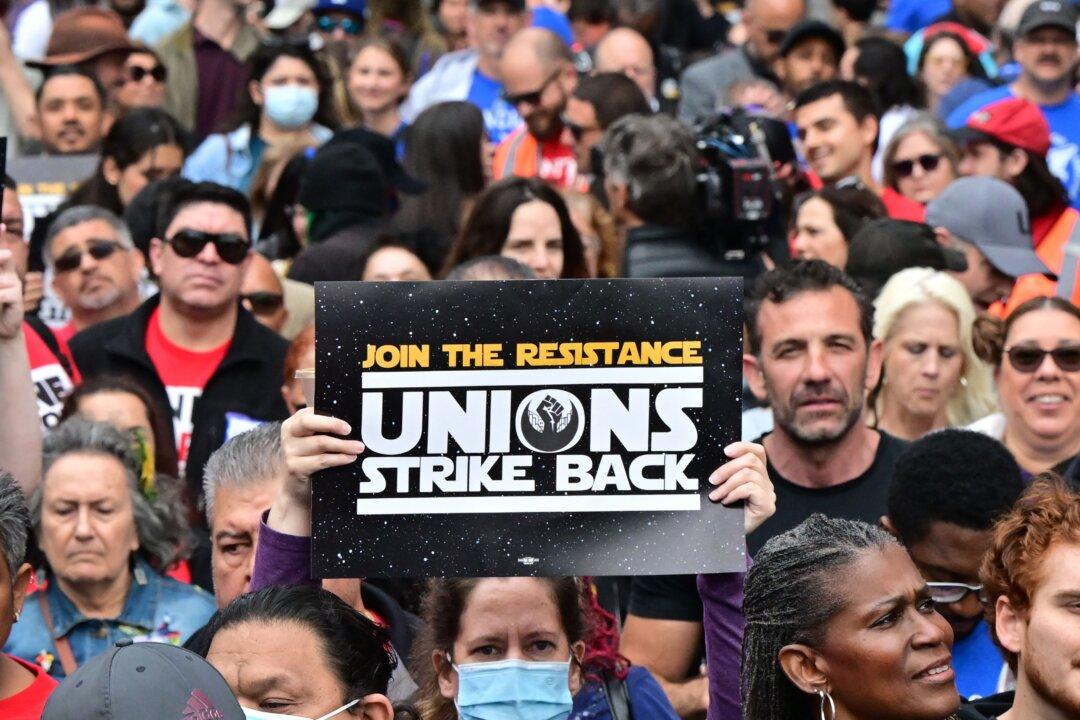Multiple popular shows from major networks and streaming platforms have been put on pause due to an ongoing strike by writers who are demanding better pay and benefits.
On Netflix, popular shows like Stranger Things, Cobra Kai, and Big Mouth have been paused. HBO has halted work on “A Knight of the Seven Kingdoms: The Hedge Knight,” a prequel series of the hit show Game of Thrones. Its streaming platform Max has put Hacks, Penguin, and Duster on hold. Showtime has ceased work on Yellowjackets, The Chi, and Billions. On Disney+, work on the highly anticipated Marvel series “Daredevil: Born Again” has been halted.





